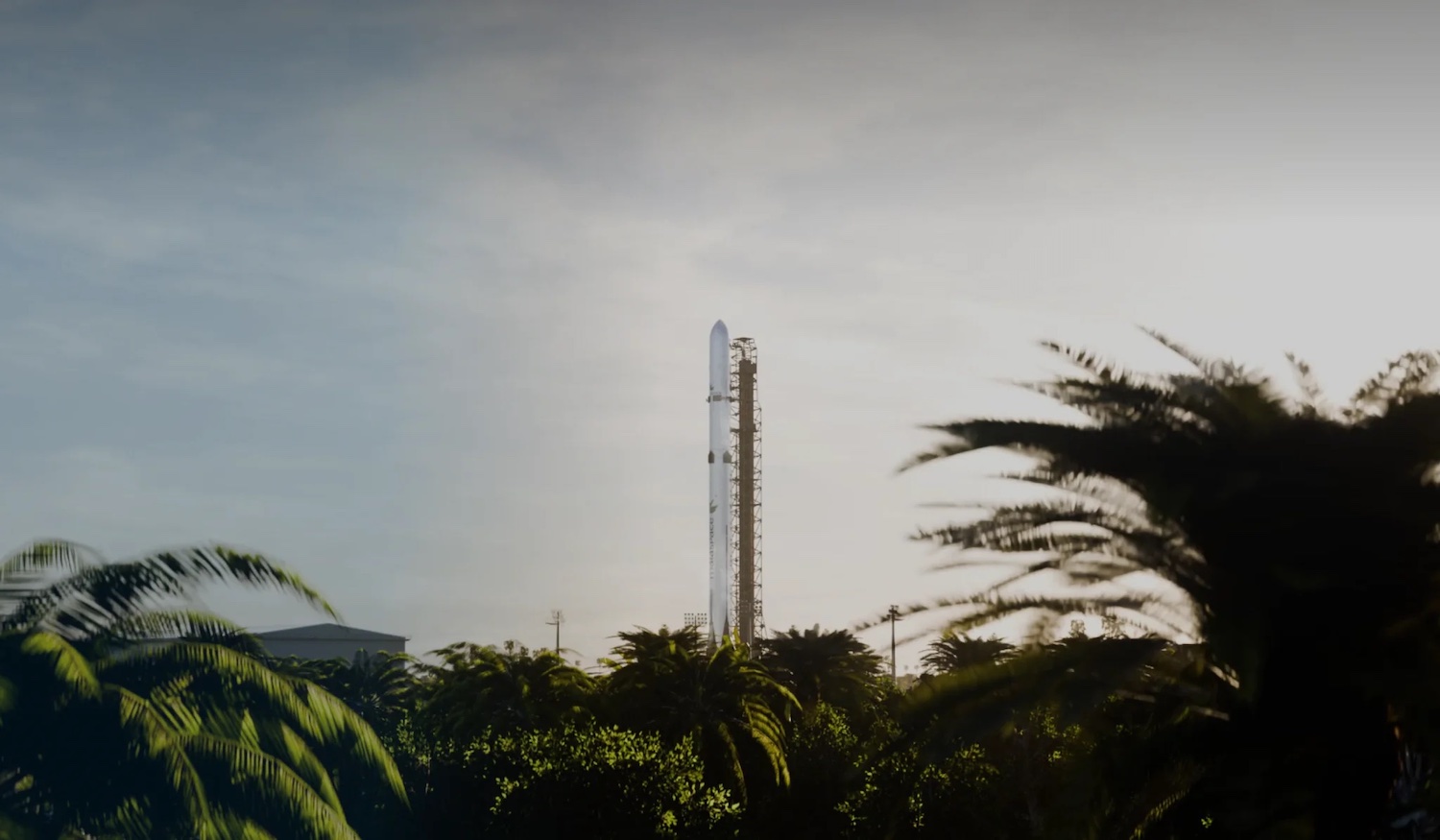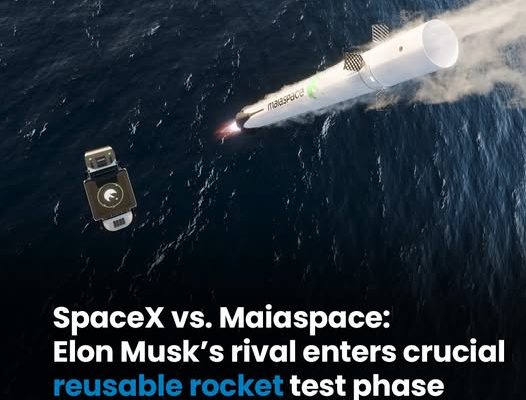Arianespace subsidiary Maiaspace has reached a crucial testing period for Europe’s first reusable orbital rocket, a report from Reuters reveals.
Europe’s biggest rocket firm, Arianespace, founded Maiaspace two years ago with a view to building its own partially reusable rocket. The company hopes to catch up with SpaceX, which is currently dominating with its workhorse Falcon 9 launch vehicle.
Europe’s space sector is lagging behind that of the US and China. However, Maiaspace and several startups are looking to build reusable launchers. If all goes to plan for Maiaspace, it could fly its reusable rocket by 2026.
Europe plays catch up
Maiaspace is developing its Maia rocket to deliver small commercial satellites to space.
A decade ago, Arianespace executives decided to develop the non-reusable Ariane 6 heavy launcher.
Meanwhile, over that same time period, SpaceX has built a reputation for reliability with its partially reusable Falcon 9 rocket. Elon Musk’s private space company is also developing the next-generation Starship rocket, which will be fully reusable.
To date, Ariane 6 has only flown one flight test, whereas even SpaceX’s Starship has flown six times. Ariane 6 is not yet operational and many have already criticized it for using outdated technology.
“On this side of the Atlantic, we have neglected the technologies of reusability,” Maiaspace CEO Yohann Leroy told reporters at the company’s test facilities in Normandy, France, as per Reuters. “To be competitive we have to lower the costs and recover the first stage.”
Former French Finance Minister Bruno Lemaire announced the founding of Maiaspace in December 2021. At the time, he criticized the “bad strategic choice” of ten years ago. He also stated that Maiaspace would allow Europe to have its “own SpaceX and [its] own Falcon”.
The Maia rocket
The Maia rocket will be a medium-sized two-stage launch vehicle, that will also have an optional extra kick stage for increased performance.
Maiaspace aims to eventually recover the rocket’s first stage using a barge similar to SpaceX’s droneships. It will do so off the coast of French Guiana, where Europe’s spaceport is located.

According to Reuters, Maiaspace currently has around 230 engineers working on the Maia rocket. The launch vehicle will have the capacity to carry between 0.5 and 4 tons depending on orbit and payload. It will be reusable up to five times.
The Maiaspace team is now focused on developing an interstage prototype. This part connects the rocket’s two stages, enabling it to separate at high altitudes. Reusable rockets must separate at slightly lower altitudes, which subjects the interstage and the rocket stages to increased pressure. Maiaspace aims to simulate the separation process this week using a claw-like structure.
Europe looks to level up with reusable rockets
The French company isn’t the only one looking to build reusable rockets on the continent. Several other European companies also aim to emulate SpaceX.
Spain’s PLD Space, for example, would argue it had already launched Europe’s first reusable rocket from mainland Europe. However, its Miura 1 rocket was a suborbital launch vehicle that only flew once, and it was never reused.



